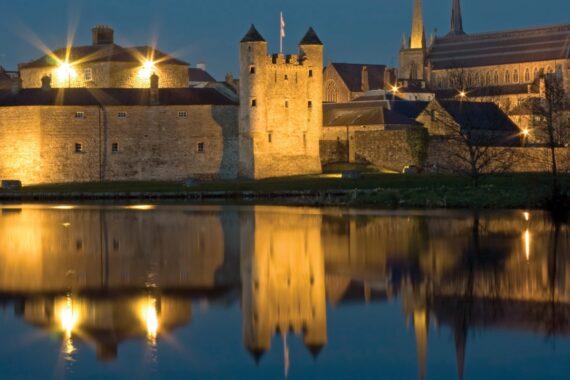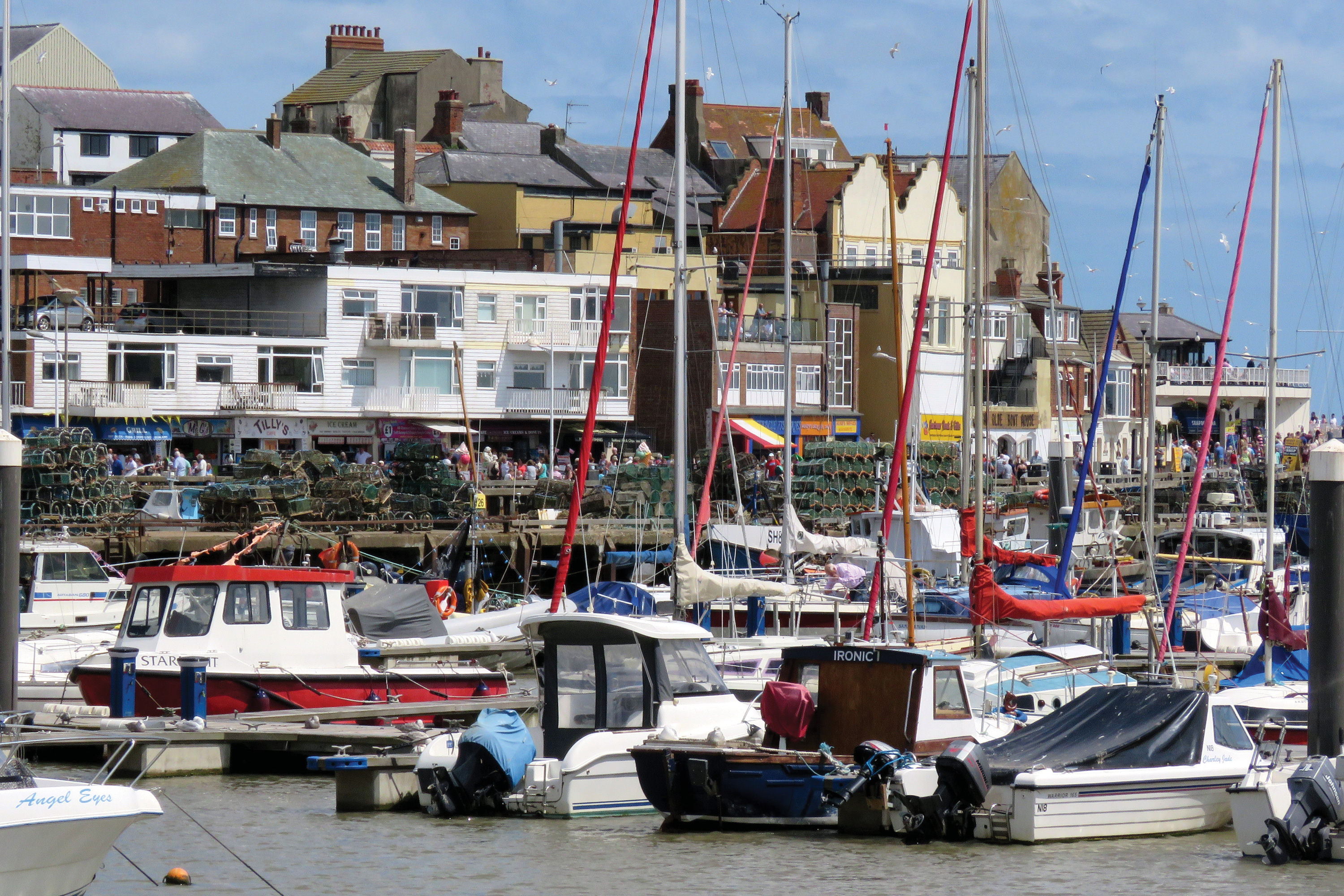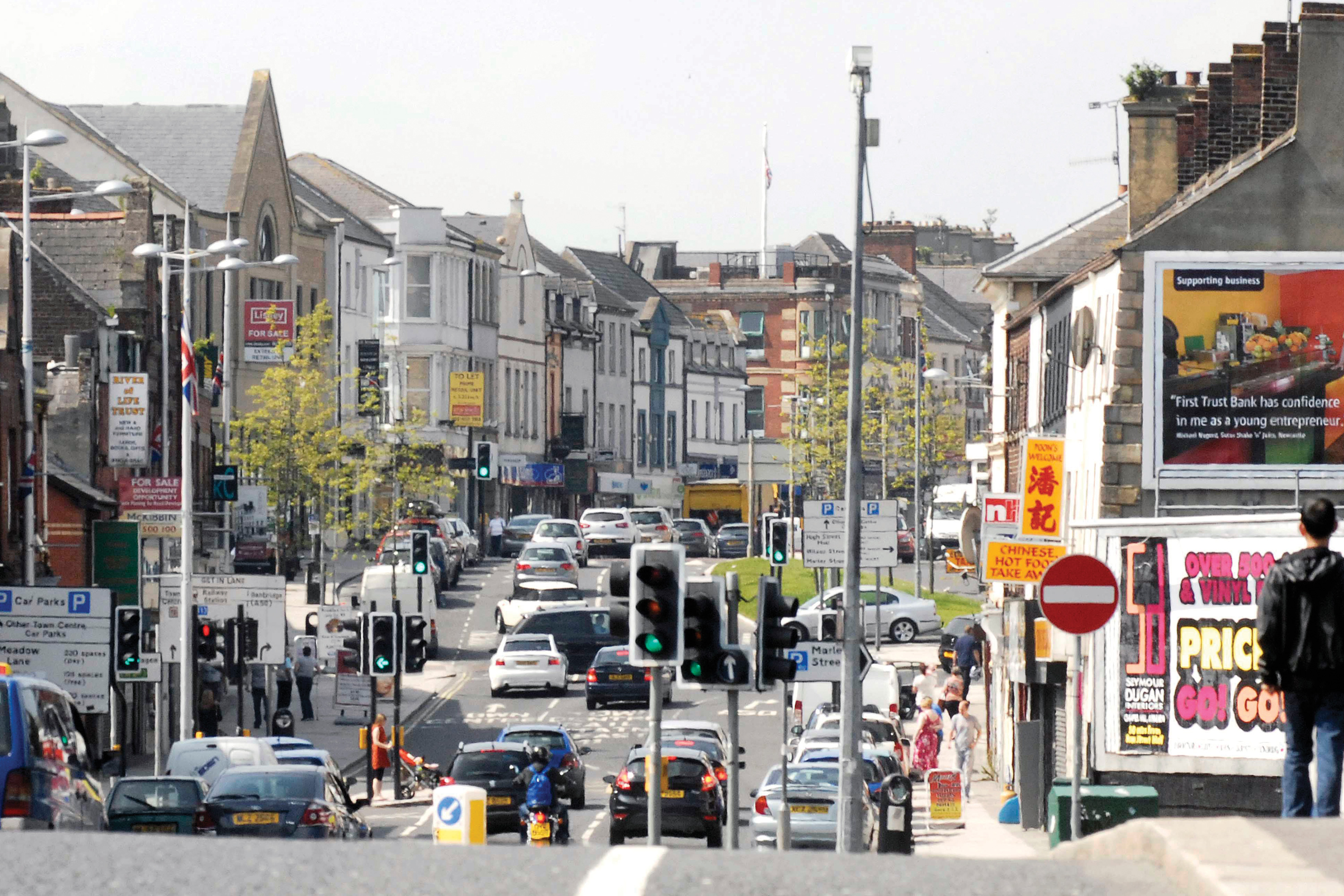Revealed: The areas where general practice is on the brink

Few areas of the UK have a happy, thriving GP workforce right now. But in some towns, general practice is on the brink of collapse. In these areas, many practices have been forced to stop registering patients, practice closures have left patients trekking miles to the nearest GP, or health managers have had to step in to take over practices at great cost.
A single practice closure or a few GPs retiring can lead to the feared ‘domino effect’, where neighbouring practices struggle to absorb the extra pressures, and GPs have to work long hours and forego holidays in order to cope.
The areas range from seaside towns like Folkestone and Bridlington – where ageing populations and deprivation increase the pressure – to fashionable Edinburgh, where general practice has been undermined by closures and retirements. Practices are battening down the hatches, usually after chronic recruitment problems leave them adrift.
As the BMA ponders proposals for co-ordinated list closures in England, practices across the UK are under intolerable strain and have little choice but to go it alone to safeguard their existing patients.
Bridlington

bridlington getty images lizzy lou 3×2
What has happened
All six practices in this East Yorkshire coastal town closed their lists to patients wanting to move surgery.
Under an agreement with NHS England, new residents apply to the area team, which then allocates the patients to practices.
Why?
Bridlington has 19 GPs covering some 42,000 patients. However, many of the GPs are not full time.
Local GP Dr Mike Hardman says 10 more GPs are needed. He says a high level of deprivation and an elderly population led to GPs having to retire early, exacerbating the problem.
Pulse reported last month that Humber NHS Foundation Trust, which runs the Field House Surgery, one of the six practices to have closed their lists – has been forced to offer a salary of £130,000, a QOF bonus and paid indemnity for a nine-session salaried GP, as it is currently being run with locums only.
What GPs say
Dr Hardman puts it in the starkest possible terms: ‘A town without GPs is a very real possibility.’
Folkestone

folkestone getty images clubfoto 3×2
What has happened
Partners at the Folkestone East Family Practice handed back their contract in May. Last month, NHS South Kent Coast CCG announced its 4,700 patients would be dispersed among other local practices.
But subsequently seven out of eight practices in the coastal town – which has a population of 64,000 – agreed they had no spare capacity and applied for formal list closure. But the CCG refused and, as the practices put it, are ‘forcibly allocating’ the patients.
Why?
The practices say 16 more full-time-equivalent GPs are needed in the town. They say they have been highlighting the crisis for ‘over a year’ to local authorities, including the CCG, the council, the local trust and the local MP.
What GPs say
One GP in the town, who asked to remain anonymous, told Pulse: ‘We didn’t want to be like Mid-Staffordshire. The administrators weren’t taking safety seriously, so we had to take it upon ourselves by closing our lists.’
Ayrshire

ayrshire getty images colin hunter 3×2
What has happened?
The Scottish town of West Kilbride was left with no full-time GP, after the health board took over a practice when all the GPs resigned at the start of August.
And subsequently the health board and LMC made the joint decision in August to close lists across all eight practices in the ‘Three Towns’ area, West Kilbride and Kilwinning, covering 57,000 patients. Those moving into the area will have a GP allocated by the health board.
Why?
A spate of resignations and retirements, and younger GPs opting for ‘portfolio careers’.
What GPs say
Ayrshire and Arran LMC joint secretary Dr Chris Black said: ‘We wanted stability and to reduce the burden of new patient registrations.’
Edinburgh

edinburgh getty images todor nikolov 3×2
What has happened
Official figures from the health board revealed in August that 51 of the 122 practices in Edinburgh – 42% – have imposed some sort of limit on new patients, including only registering a certain number per week. The figure has risen from 30% just 18 months ago.
Why?
Practices in the wider Lothian region have been hit hard by rising patient numbers coupled with GPs retiring and some practices closing their doors, including a 4,000-patient practice this summer.
What GPs say
BMA Scottish GP Committee chair Dr Alan McDevitt says: ‘It is concerning that so many practices have been forced to restrict their lists. This highlights how workload and problems recruiting GPs are jeopardising their ability to provide safe care for patients.’
Fermanagh

fermanagh enniskillen getty images p pix 3×2
What has happened?
Last December, LMC leaders warned 13 of the 18 practices in this Northern Irish county could close, leaving patients travelling up to 40 miles. That has started to happen, with the number of practices down to 10. Many have merged, which has put pressure on the remaining GPs.
There have also been two closures. One, in Rosslea, meant there were no practices within a 13-mile radius. Another practice is set to close soon, due to the retirement of a husband and wife GP team.
Why?
There is an older workforce, and a quarter of the GPs in the region have resigned or retired over the past three years.
What GPs say
Western LMC chair Dr Brendan O’Hare says: ‘This is a major change. Access has been significantly reduced. GPs are having to work longer hours with no holiday. There are other retirements in the offing.’
Portadown

portadown picture courtesy of portadown times 3×2
What has happened
The Bannview Medical Practice of 5,200 patients handed its contract back to the Health and Social Care Board last November after losing all four GPs within a short time.
The trust that temporarily took over the practice has been unable to find a salaried GP. It is now in talks with health managers over Northern Ireland’s first-ever APMS contract so it can run the practice permanently.
Two of the six practices that share a health centre with Bannview had their applications for list closure rejected.
Why?
Bannview’s problems exacerbated recruitment issues in the other practices, which, LMC leaders warned, were already ‘on the brink’.
What GPs say
Dr Arnie McDowell, chair of the Southern LMC, said: ‘Closure is like “whack-a-mole” – the problem just comes up elsewhere.’
Wrexham

wrexham getty images alasdair james 3×2
What has happened?
Six of the 25 practices in this Welsh town have handed back contracts in the past year, with the health board taking over; the LMC has concerns over three more. These ‘managed practices’ cost around a third more to run.Practices in neighbouring regions, such as Colwyn Bay, Conwy, Llandudno and the Lleyn peninsula, have also had to hand back their contracts.
Why?
In a letter to the Welsh Assembly in August, North Wales LMC chair Dr Eamonn Jessup said: ‘At the heart of this is a dwindling ability to retain or recruit GPs in North Wales.’He says a proposed new medical school could solve the problem, but politicians instead want to link the region with the one at the University of Cardiff.
What GPs say
Dr Jessup says: ‘This area is a disaster zone for recruitment. The domino effect that has long been forecast is now looming on the horizon.’
If your area is in a similar position, let us know at [email protected]
Pulse July survey
Take our July 2025 survey to potentially win £1.000 worth of tokens











